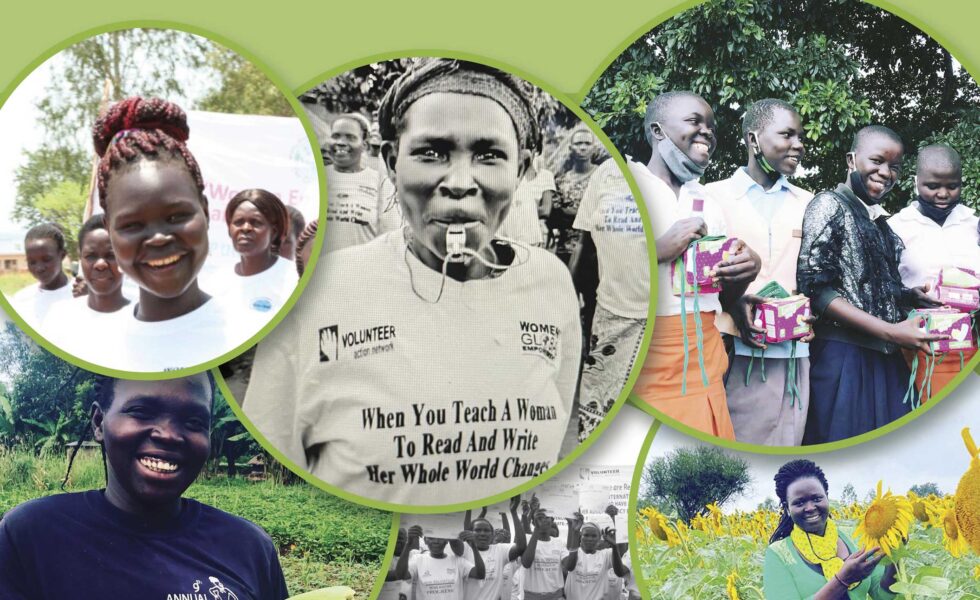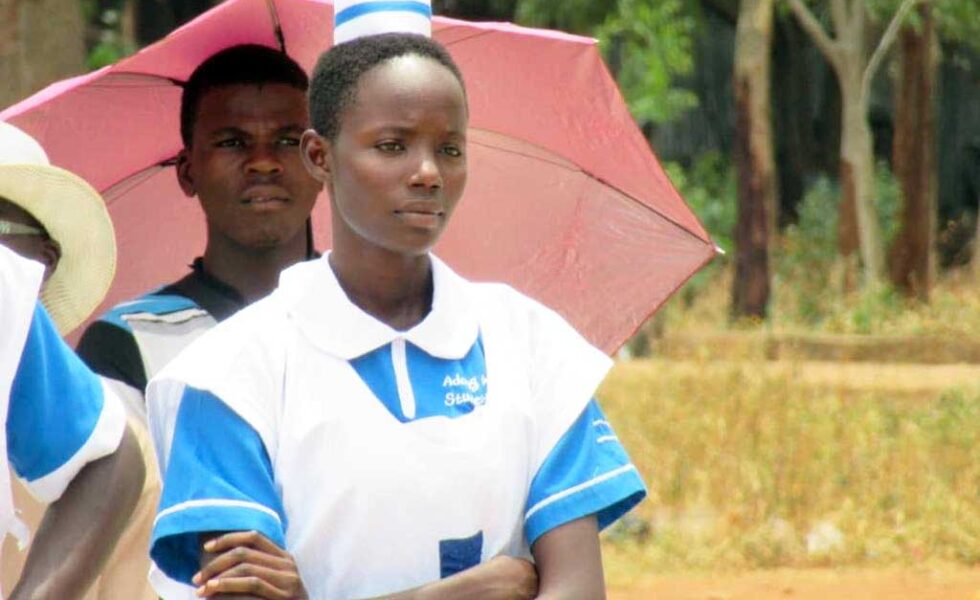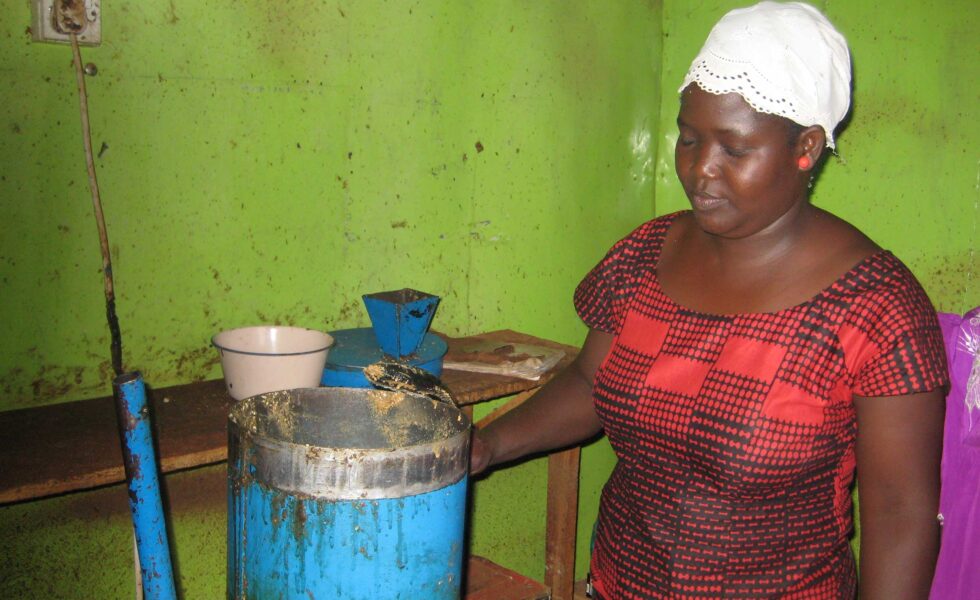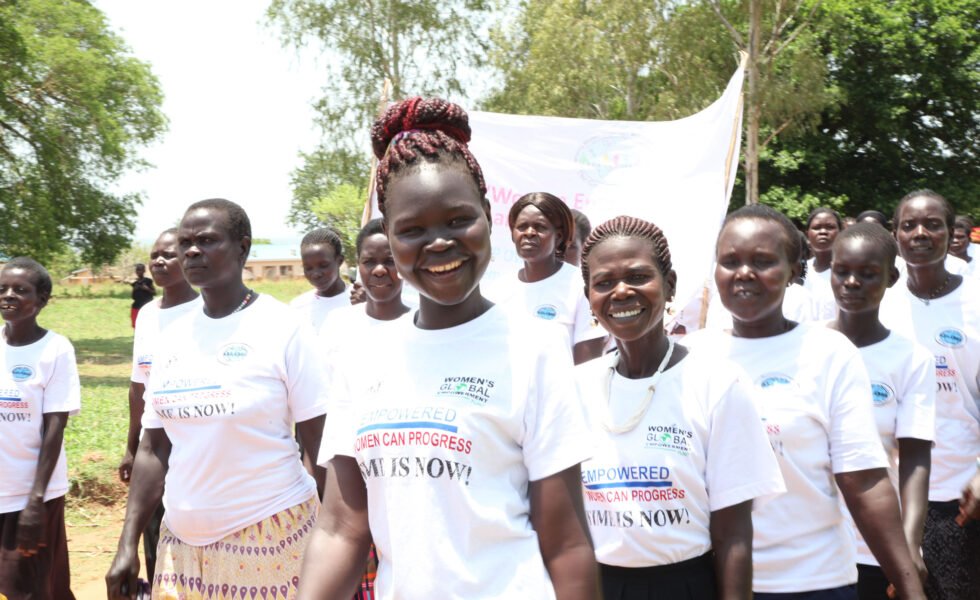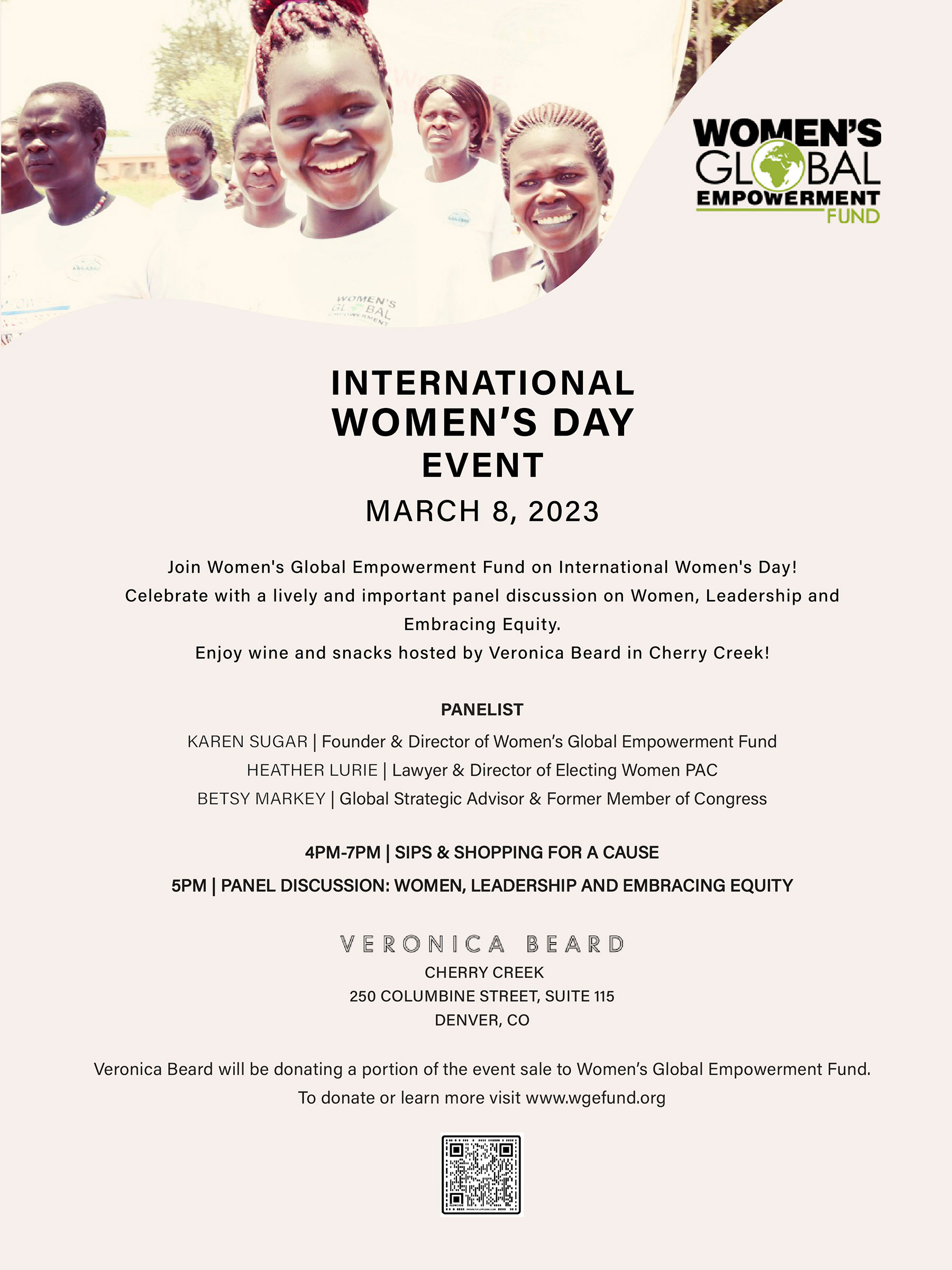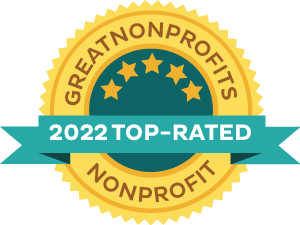
Caught In Between: Women and Conflict in Gaza
—Karen Sugar, Founder and Director of Women’s Global Empowerment Fund (WGEF)
War is a testament to our collective failure as human beings, a stark reminder that in conflict, there are no winners. In the face of unimaginable atrocities and suffering, it is important to recognize that the true victors are not those who conquer with brutality, fear, and destruction, but rather, those who lead with humility and compassion, upholding the fundamental human rights and dignity of all individuals while valuing and respecting the tapestry of our shared humanity.
As a human rights organization focused on northern Uganda, which faced a long and brutal conflict, violence, and extreme poverty in recent history, WGEF knows first-hand the toll such strife takes on women and children in particular. While the region has been peaceful for the last 15 years, it continues to struggle to rebuild and recover.
As the founder of WGEF and a university instructor who teaches gender studies, human rights, and social justice, I have an acute understanding of the impacts—short- and long-term—on women in conflict regions. The toll on their bodies, minds, and well-being is unique and disproportionate.
Data suggests that over 90 percent of war victims are civilians, the majority of whom are women and children. Women and children are specifically vulnerable because of their status and sex. Innocent people living in villages and towns are often caught in the crossfire, if not targeted.
Currently in Gaza, women and girls are facing a perilous and inhumane reality. As has been widely reported, hospitals and facilities in Gaza lack fuel, clean water, food, and safety. The following are examples of how these conditions disproportionately impact women:
There are an estimated 50,000 pregnant women in Gaza, many of whom are experiencing severe challenges with their pregnancies due to lack water, food, and safety. Many will give birth in the next few weeks, in conditions that are unsanitary and dangerous, without water and fuel to power hospitals. It is reported by NPR, ABC News, and the UN that doctors are performing c-sections by cell phone light, and without adequate anesthetic or pain medicine.
Water is vital for all life, but especially nursing mothers, who, due to diminished access to water, are unable to nurse their babies. Water is essential for healthy pregnancies, and mothers who breastfeed need to drink extra water to be able to produce milk for their babies.
Many Palestinian women have resorted to taking menstruation-delaying pills due to the desperate, unsanitary circumstances they have been forced into as a result of the continuing offensive in Gaza. Facing displacement, overcrowded living conditions, and a lack of access to water and menstrual hygiene products such as sanitary napkins and tampons, women have been taking norethisterone tablets—ordinarily prescribed for conditions such as severe menstrual bleeding, endometriosis, and painful periods—to avoid menstruation.
The current siege on Gaza poses additional risks to health and life for women and girls. Their suffering is one more reason that we should demand the restoration of power and water, allow fuel into Gaza, and consistently open its crossings for humanitarian aid.
We condemn Hamas’ attacks on Israeli civilians on October 7 and call for a return of the hostages; we condemn state leaders in Israel who have led an indiscriminately violent escalation against innocent Palestinians and a total blockade of critical humanitarian aid in Gaza, leading to thousands of deaths, including the deaths of over 3000 children. There must be an immediate ceasefire and an end to the weaponization of water and food, collective punishment, and forcible transfer of the Palestinian people in Gaza.
WGEF supports women, girls, and communities. We will continue to provide transformative programs and initiatives that promote human rights, equality, and justice for all.
Support the rights of women and girls to live with dignity and freedom:
2023 Annual Update and Report IMPACT MATTERS
Women’s Global Empowerment Fund offers women the tools to combat poverty in one of the world’s most marginalized regions.
The mission of Women’s Global Empowerment Fund is to support women through economic, social, and political programs, creating opportunities while addressing inequality; strengthening families and communities.
Review our 2023 Program Achievements and read our client stories and news from the field!
The time is now. Together, we can rewrite the narrative surrounding menstrual health, championing it as a natural, essential part of life to give girls and women the chance to thrive.
Empowering Schoolgirls & Beyond: The Real & Lasting Impact of HPI!
One of the most heartwarming HPI success story is that of Amina, a bright and determined young girl from Payibona village Gulu District. In the past, Amina struggled to attend school during her period, often resorting to using old rags or leaves. However, after the HPI program entered her school, she received monthly supplies of sanitary pads and invaluable knowledge about menstrual hygiene and health, Amina’s life took a remarkable turn! She was able to continue her education consistently and with dignity. Excelling in her studies, Amina enrolled in nursing school at Gulu University Medical School – even before completing her program, she became a role model for other girls in her community.
Amina reached the end of her school journey and achieved the seemingly impossible – she became the first nurse from her village (Payibona). Her accomplishment is not just a personal victory but a triumph for the entire community and a testament to the far-reaching impact of simple yet profound interventions. Amina’s success story exemplifies the potential for transformation when girls have the tools to reach their full potential. Access to sanitary pads played a crucial role in her journey, breaking barriers and empowering her to overcome challenges that once seemed insurmountable.
The time is now. Together, we can rewrite the narrative surrounding menstrual health, championing it as a natural, essential part of life. We invite you to be part of the journey, to leave an indelible mark on the lives of girls and women, and to experience the profound meaning that comes from making a lasting impact!
Summer Newsletter 2023 — Leadership: A WGEF Origins Story
Prisca and her children are the future of Uganda. They are the kind of leaders in whom WGEF is supporting and who will enable a more just and equitable world. We are honored to play a small part in their journey and in countless other successes throughout our program.
Read the full newsletter to find out more about Prisca’s success!
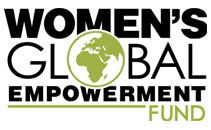 Women's Global Empowerment Fund
Women's Global Empowerment Fund